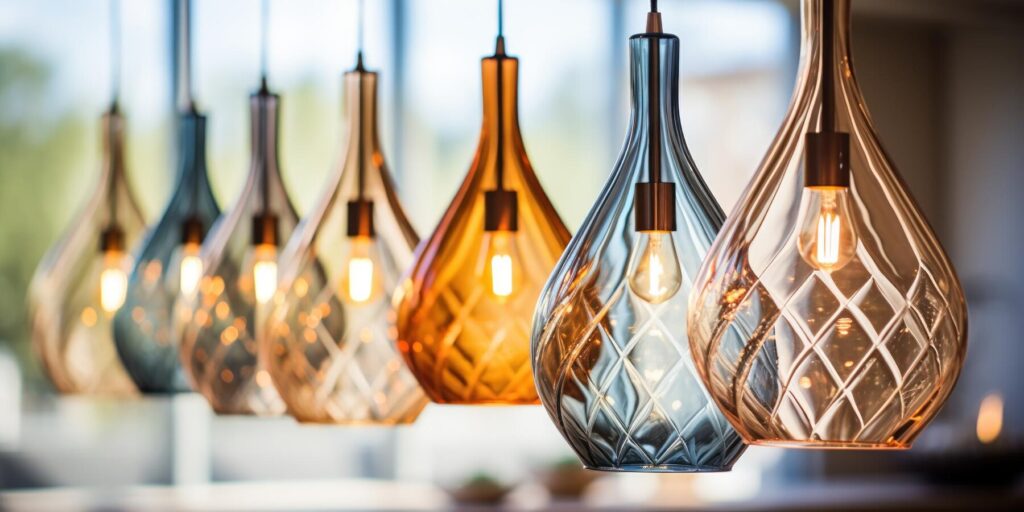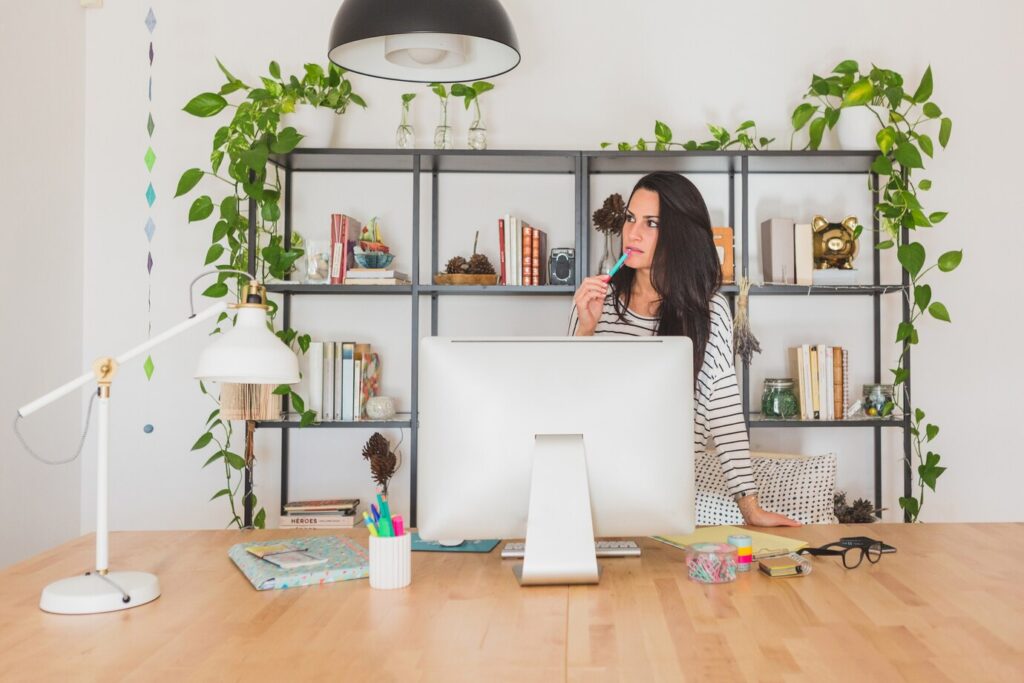Open Space Design Ideas: A Guide to Creating a Fresh and Inviting Home
Hi there! I’m Sophie, a long-time design enthusiast and someone who’s been obsessed with transforming living spaces into places that feel truly inviting. If you’re anything like me, you’ve probably dreamed of having a home that feels light, airy, and functional. Open space design is a fantastic way to achieve that—and I’m here to share my ideas and tips to help you make it happen. Whether revamping your home or simply daydreaming about changes, this guide will give you practical advice and creative ideas. Let’s get started! Why Open Space Design Works Before we dive into specifics, let’s talk about why open-space design is so popular. It creates flow: Walls can interrupt the natural movement in your home, while open designs allow for easier interaction and flexibility. Maximises light: Natural light travels freely with fewer barriers, making your home feel brighter and more expansive. It feels modern yet timeless. Open layouts fit any style, whether you’re into minimalist vibes, rustic charm, or urban chic. How to Make Open Space Work in Your Home Here are some practical ways to bring open-space design ideas to life. Define Areas Without Walls One of the biggest challenges of an open-space layout is keeping it functional without walls to define separate areas. But don’t worry—there are easy solutions! Use rugs: A cosy rug under the dining table or sofa visually separates those spaces. Furniture placement: Arrange your couch to create a “living room” zone, even without a partition. Colour coding: Paint walls or use different décor colours to distinguish areas subtly. Choose Multi-Functional Furniture With open spaces, less is more. Multi-functional furniture saves room and keeps your space uncluttered. Ottomans with storage: Great for hiding away throws, books, or kids’ toys. Extendable dining tables: Perfect for small weekday dinners and big family gatherings. Foldable desks or wall-mounted tables: Brilliant for workspaces that don’t dominate the room. Lighting is Key Good lighting transforms open spaces. Layering light is especially important to create depth and atmosphere. Overhead lighting: Statement pendant lights can help define a dining area or kitchen island. Task lighting: Desk lamps or under-cabinet lights work well for specific activities like cooking or working. Ambient lighting: Think floor lamps or soft LED strips for a welcoming vibe. Open Space Design Ideas for Small Homes If you’re working with a smaller home or apartment, don’t fret—open-space design can still work wonders. Make it Feel Larger Mirrors: A strategically placed mirror reflects light and creates the illusion of more space. Glass furniture: A glass coffee table or shelving unit adds functionality without feeling heavy. Vertical storage: Tall bookshelves or hanging planters use your walls without crowding the floor. Keep it Simple Clutter is the enemy of open space. Invest in clever storage solutions like baskets, under-bed drawers, or built-ins to keep everything tidy and easy to access. Personal Touches Bring It All Together Open layouts don’t mean sacrificing personality. They give you a wonderful canvas to show what makes your home uniquely yours. Artwork and photos: Create a gallery wall in one area, or mix and match frames for a relaxed, eclectic look. Greenery: Plants not only add life but also help define spaces. A tall fiddle-leaf fig can act as a stylish divider. Textures: Mix soft throws, plush rugs, and natural wood tones for a cosy atmosphere that balances the openness. Mistakes to Avoid Let me save you a headache by sharing a few lessons I’ve learned. Overfilling the space: It’s tempting to fill every corner, but restraint keeps your home feeling open and airy. Ignoring acoustics: Open spaces can amplify sound. Soft furnishings like curtains and rugs help absorb noise. Neglecting ventilation: Ensure your space has airflow, especially in kitchens and dining areas. Open Space Design Ideas That Work for Families If you’ve got kids or pets, you’ll need a layout that balances openness with practicality. Zoning with furniture: Create a play area by placing a shelf or couch as a divider. Durable finishes: Choose easy-to-clean materials like leather or outdoor fabric for furniture. Kid-friendly corners: Add bean bags or a reading nook where kids can relax while you entertain nearby. Frequently Asked Questions Q: How do I make an open space feel cosy? A: Use warm lighting, layered textures, and personal touches like photos or your favourite décor pieces. Rugs and curtains can also help soften the look. Q: Will open space work in a small apartment? A: Absolutely! Focus on multi-functional furniture, smart storage, and reflective surfaces like mirrors or glass. Q: How do I avoid my open kitchen looking messy? A: Choose minimalist cabinetry and keep clutter off the countertops. A hidden pantry or island storage is also a game-changer. Final Thoughts on Open Space Design Ideas Designing an open-space layout is one of the most rewarding home upgrades you can make. It’s not just about aesthetics—it’s about creating a home that feels welcoming, functional, and uniquely yours. Take it one step at a time. Start by decluttering, then experiment with layouts, lighting, and personal touches. Once you embrace open-space design, your home will feel fresher, lighter, and more enjoyable for everyone. If you have questions or want to share your open-space success stories, comment below! I’d love to hear from you. Remember to save or share this guide with friends—it might just inspire them to create the open-space home of their dreams.










